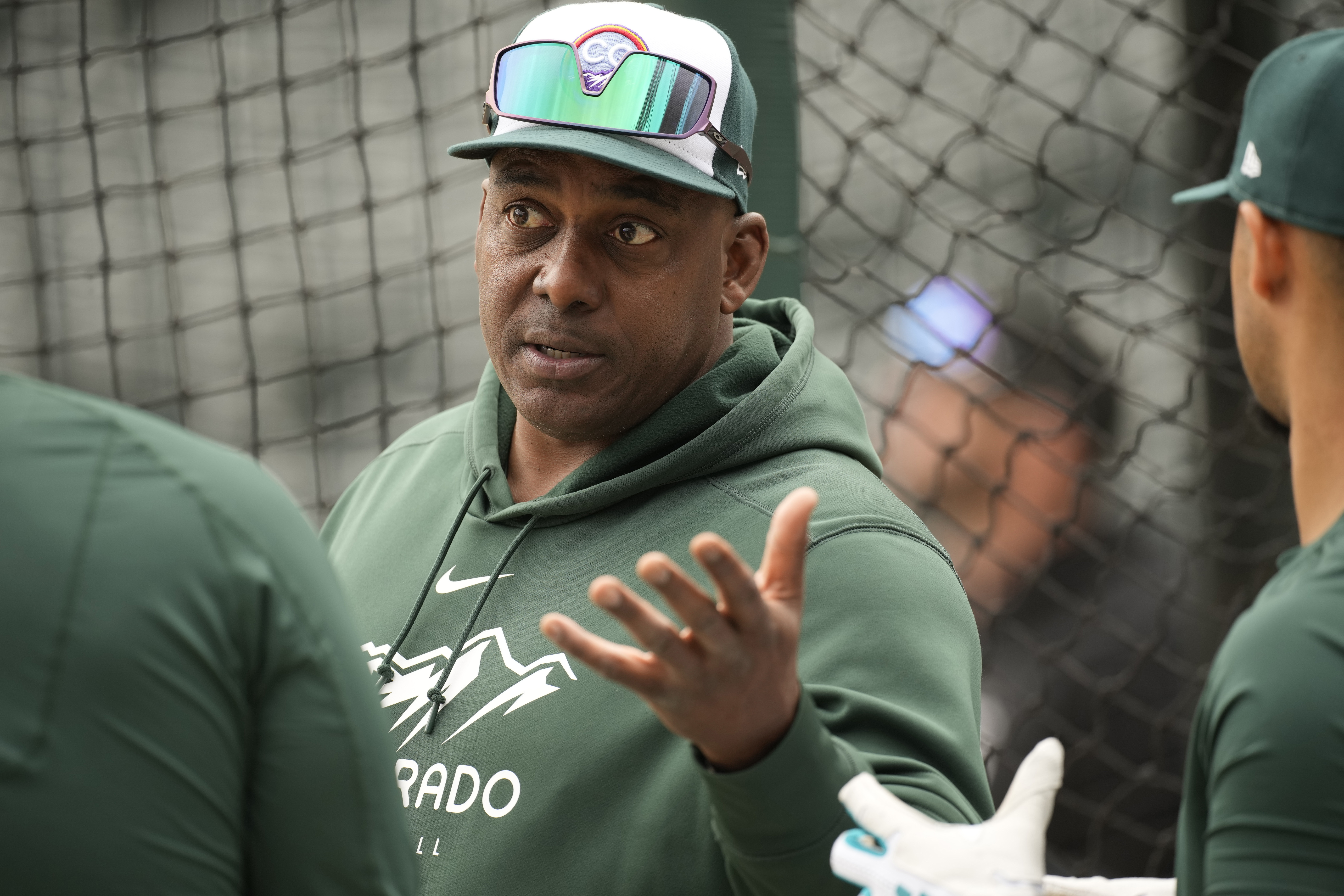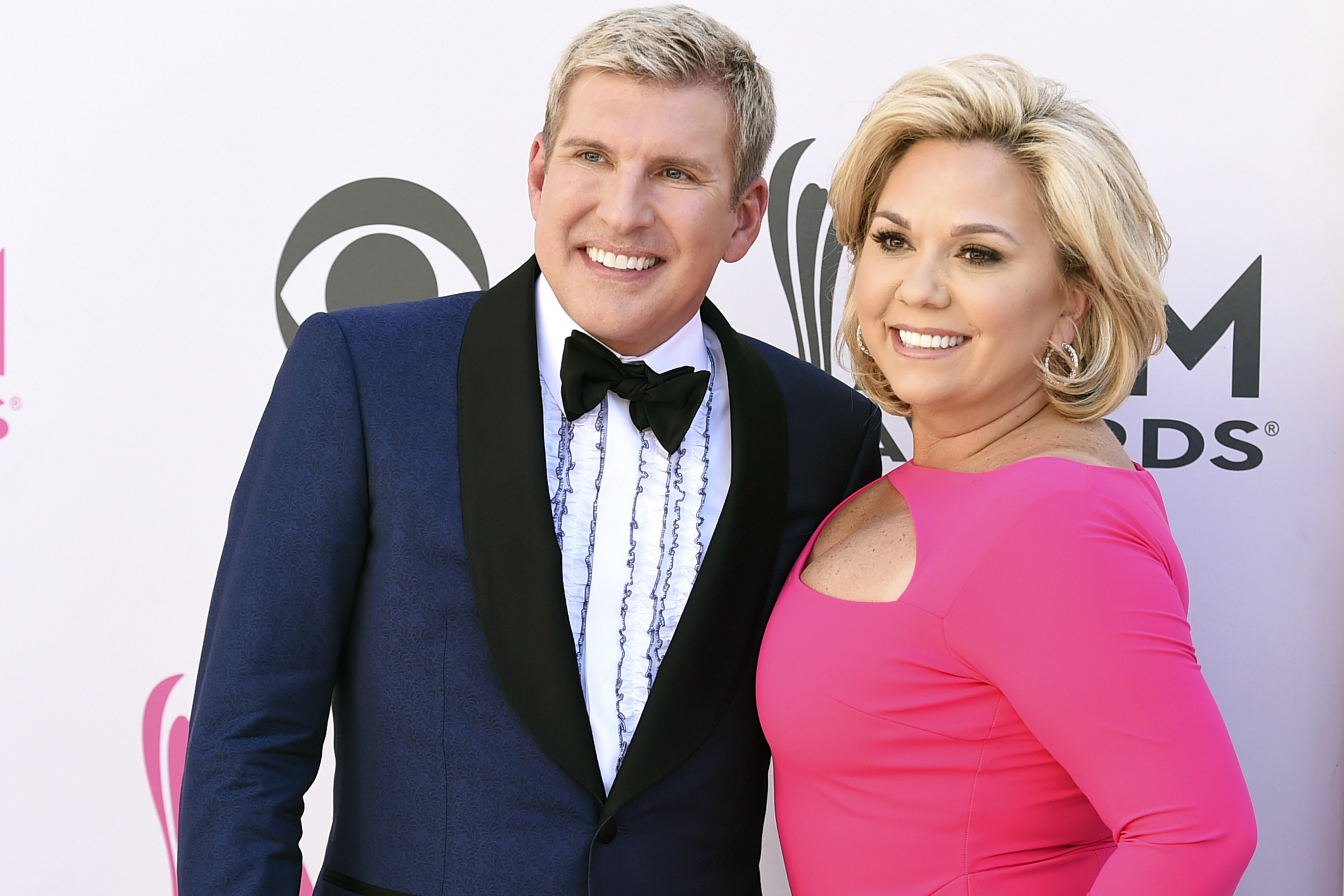Ralph Fiennes’ film resume suggests that he might be an Anglophile – after all, he’s been involved in a high profile array of works derived from British-born cultural powerhouses including William Shakespeare, Sir Ian Fleming and J.K. Rowling – but he insists it had nothing to do with directing himself as author Charles Dickens in “The Invisible Woman.”
“I had minimal knowledge of Dickens,” says Fiennes. “This came out of left field to me. The last thing I thought I’d be doing I think would be Victorian drama about Dickens, but it was the story of Nelly Ternan and survival and Dickens that got under my skin.”
The film, based on Claire Tomalin’s book "The Invisible Woman: The Story of Nelly Ternan and Charles Dickens," chronicles the clandestine romance between England’s revered Victorian era novelist – then at the height of his career, responsible for crafting masterworks including A Tale of Two Cities, Oliver Twist, Great Expectations and A Christmas Carol – and the teenage actress Ellen “Nelly” Ternan.
It was a complicated affair that took place during Dickens’ unhappy marriage – Dickens assiduously pursued Ternan against rigid Victorian convention. The story, says Fiennes, “really got under my skin, I really felt there’s a film here. And it was to do with what was it like for that girl to go through this being pursued by Dickens, and then later on, how did she come to terms with it? How did she live with it?”
Fiennes initially toyed with the notion of not naming the author in the film, referring to him only as “The Famous Writer.” “I didn’t want the whole Dickens element to over dominate,” he says. “I just thought it’s the story of this woman who’s pursued by this man, commits to him, loses him. Years later we find her wrestling with what that was. A lot of it is to do with in life with how we come to terms with the past.”
Casting Felicity Jones as Ternan, Fiennes tells much of the story through her character’s eyes.
“I think Nelly is quite tough – she risked a lot putting herself not out there, but as it were 'behind the door,'” he says. “Her mother aspired to respectability, and yet also acquiesced in brokering in this arrangement. There were understandings, unspoken things, that went on. It’s a very complicated terrain. In Claire’s book she talks about how relationships, love affairs, mistresses – people were coming to arrangements. Women were unhappy in marriages. Women wanted to be with men who were married. Nowadays that stuff’s much easier. The same impulses, same desires were at play, but the Victorians had to negotiate it very differently.”
U.S. & World
Fiennes also found himself intrigued by both the similarities and differences faced by celebrity figures then and now. “Dickens at the height of his fame – it feels like it was like today,” he says. “He’d sell tickets like a pop star for his public readings. It was huge, and when he came to the States the second time, people were lining the docks when his ship came in. The overt side of fame and applause that was very much the case with him was quite rare for his age. Even now, the scandal in terms of fame and salacious gossip and curiosity – the British Victorian world didn’t like the collective embarrassment of a famous person being humiliated. Scandal could happen, as it did later on with Oscar Wilde, but I don’t think it was a happy occasion.
"Here, now, there is license for a kind of violent curiosity, an overt public inquisitiveness, where the press can speculate and write the most terrible half-truths about people’s lives. That didn’t exist then.”
The actor also enjoyed a welcome reunion with Kristin Scott Thomas, with whom he co-starred in “The English Patient,” 1996’s Academy Award winner for Best Picture. Scott Thomas had seen his first directorial effort. “She saw 'Coriolanus' and was complimentary to the point that she said, 'I want to be in your next film.' I was very happy, and I had this script. – I wanted the part to be appealing.” Directing her in her role as Ternan’s mother, he did have to navigate a fresh relationship with his old friend. “It was definitely new. I mean, time has gone by – It's nearly 20 years ago we did that,” he says. “We have a friendship that underpinned it all. It's funny to be directing your friends. Sometimes it's helpful to have a distance. When someone's not your friend, it helps you say stuff. If they're your friend, I think you can be hypersensitive to how she might receive a note of direction or something. But,” he chuckles, “We got through it.”
It was exactly 20 years ago that Fiennes made his first big mark in film, playing the cruel Nazi Amon Goeth in Steven Spielberg’s landmark “Schindler’s List.” “It was a hugely important for everyone involved emotionally,” he remembers. “It marked us all in some way. Steven, he was kind of in a way possessed, I think, and to be around that level of sort of determination is very stimulating."
He’s equally energized about his upcoming roles in front of the camera for other filmmakers, including Wes Anderson’s “The Grand Budapest Hotel.” “That was the dream role,” enthuses Fiennes. “I play a concierge of a hotel, which is grand, over the top and baroque, and the dominant figure is the concierge, who's the manager in all but name who runs it. He gets into a scrape with his newly hired lobby boy and together they form a bond of friendship as they survive the bad guys who are chasing them. He's a slightly dizzy, fastidious elaborate character who's reveals unexpected sides of honor and courage.”
And he’s “impatient” to resume his role as 007’s new boss M in the next James Bond film. “I think popular entertainment is part of what makes the business survive. Populist films have proven themselves over the years, they've become part of our film culture and the 007 franchise is one of them,” he says. “I loved the James Bond films when I was a kid. The combination of John Logan – who I'd worked with very closely on ‘Coriolanus’ – with Sam Mendes – who I worked with in the theater many years ago and whose films I really admire – and the new take on it and to come in as a new M – that whole proposal was attractive to me. I don't know how long I'll be part of it, but I'm looking forward to being M, and I think Daniel Craig's a fantastic Bond for our time."



